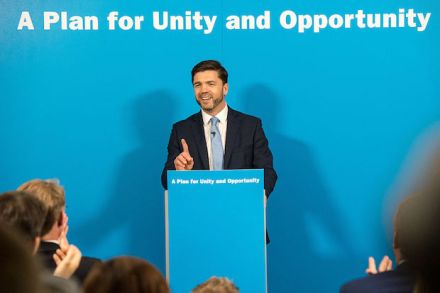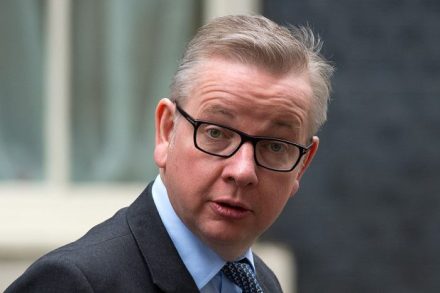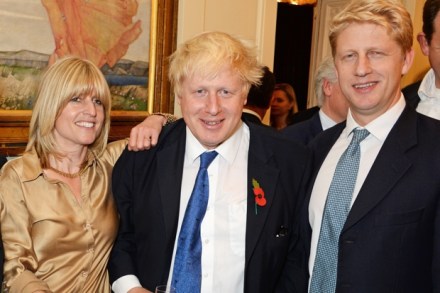Boris Johnson: Next Tory leader ‘cannot be me’
‘My friends, you have waited for the punchline of this speech’ said Boris Johnson after 11 minutes of what sounded very much like a leadership speech. ‘That having consulted colleagues and in view of the circumstances in parliament I have concluded that person cannot be me.’ Theresa May has been slightly ahead of Boris in the surveys of Tory members and voters so far. Now she is the front runner. But it is worth remembering that Gove always receives a rapt reception at party conference and many Conservatives went into mourning when he was moved from the education brief. Gove has also been the key driver in government of the




















